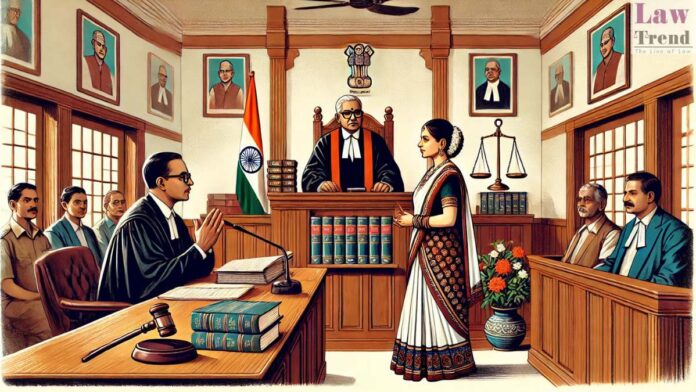The Delhi High Court has ruled that a woman cannot be denied family pension following the death of her estranged husband merely because of matrimonial disputes, unless their marriage had legally ended in divorce.
A division bench of Justices Navin Chawla and Madhu Jain emphasised that disputes between spouses did not nullify the wife’s right to claim family pension. “The very fact that the petitioner had filed an application seeking maintenance from the deceased shows that there were some matrimonial disputes. However, until the same had resulted in a divorce, the grant of family pension to the petitioner could not have been denied,” the bench said in its August 1 order.
The case arose from a petition filed by a woman challenging a Central Administrative Tribunal (CAT) order that granted her family pension but restricted arrears from October 16, 2014, the date on which she filed her plea.
Her husband had passed away in September 2009, but she applied for pension only in 2013. The tribunal had denied arrears prior to her application. The Centre had also rejected her claim citing matrimonial disputes and the fact that the deceased did not include her name in his family list.
Rejecting the government’s stand, the bench held that the delay in filing the application could not extinguish her right. “We are afraid the above submissions cannot deny the right of the petitioner to the grant of the family pension,” the court said.
It further clarified that the absence of her name from the deceased’s family records could not override her status as the legally wedded wife. In the absence of a valid competing claim, she was entitled to pension benefits.
Setting aside the CAT’s order, the court ruled that the petitioner was entitled to receive family pension from the date of her husband’s death in 2009. It directed that all arrears, along with applicable interest, be released to her within four months.




